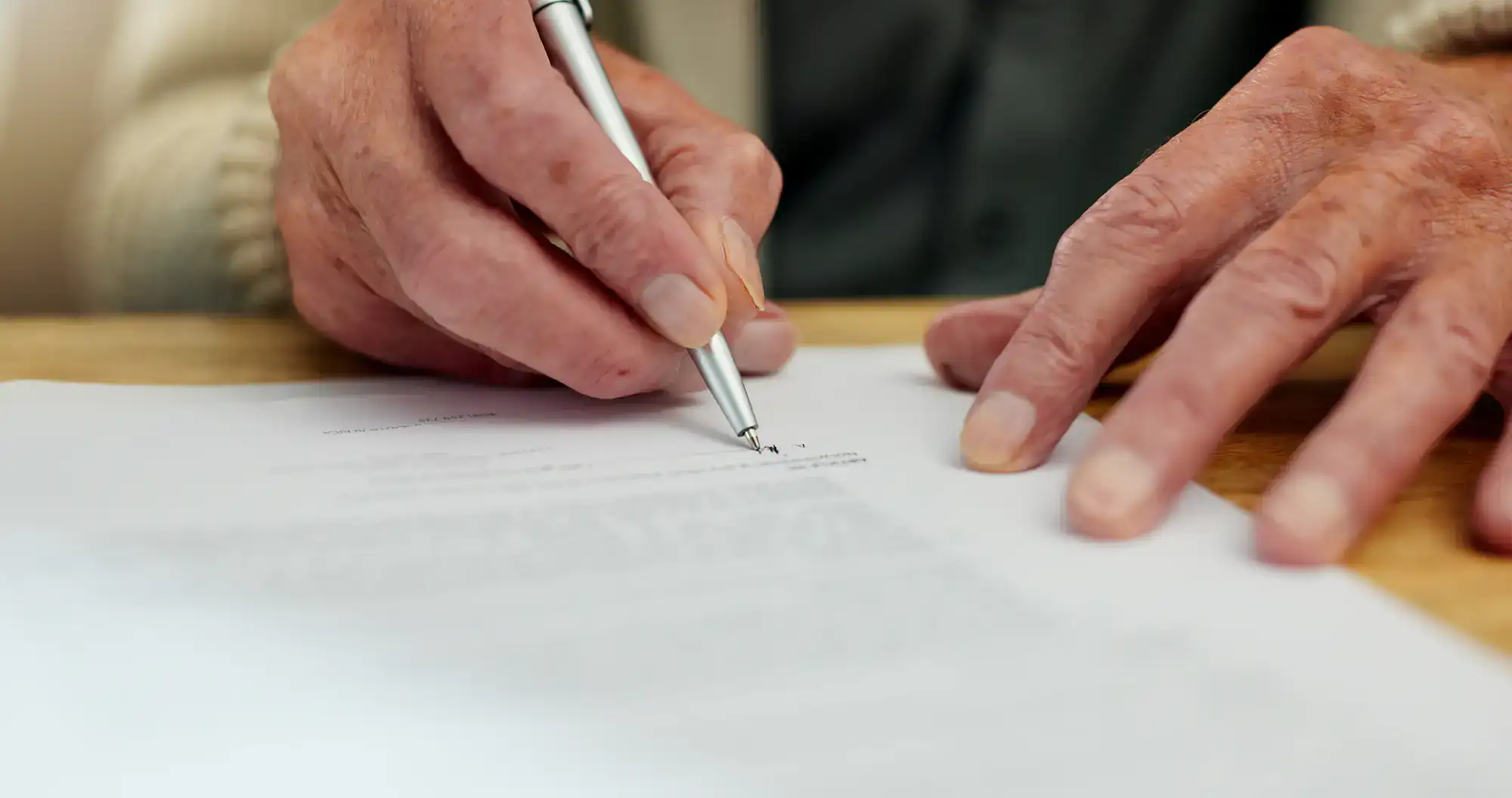Wills Attorney in Woodbury, NY
Protect Your Family's Future Today
Clear, legally sound wills that ensure your wishes are honored and your loved ones are protected.


Estate Planning Wills Woodbury
When you have a properly drafted will, your family knows exactly what you want. No guessing. No fighting. No expensive court battles over who gets what.
Your children have the guardians you chose, not ones assigned by a judge who’s never met your family. Your assets go to the people you actually care about, not distant relatives you haven’t spoken to in years.
Most importantly, your loved ones can focus on grieving and healing instead of navigating complex legal processes during an already difficult time. That’s what real estate planning does—it removes uncertainty when your family needs clarity most.
Woodbury Wills Lawyer
We’ve been serving Long Island families for years, and we understand the unique considerations that come with living in Woodbury. From the high property values to the complex family dynamics that often exist in our community, we’ve seen it all.
Our approach is different. We don’t rush you through a cookie-cutter process. We take time to understand your specific situation, your family relationships, and your concerns about the future.
We offer consultations in our office, by phone, or even in your home if that’s more convenient. We also provide services in Spanish and Italian, because important legal decisions should be made in the language you’re most comfortable with.

Will Preparation Process Woodbury
First, we sit down and talk about what matters to you. Who should inherit your assets? Who would you trust to raise your children? What specific wishes do you have that need to be documented?
Then we draft your will according to New York’s strict legal requirements. This isn’t just filling out a form—it’s creating a document that will hold up in court and actually accomplish what you want it to accomplish.
Finally, we make sure everything is properly executed with the right witnesses and signatures. We also discuss where to store your will and how to keep it updated as your life changes. The whole process typically takes a few weeks, and you’ll have peace of mind knowing it’s done right.

Ready to get started?
Last Will Testament Woodbury
Your will includes everything needed to protect your family and distribute your assets according to your wishes. We help you designate beneficiaries for all your property, name guardians for minor children, and choose an executor you trust to handle your estate.
For Woodbury residents, we pay special attention to real estate holdings, which often represent a significant portion of local families’ wealth. We make sure your home and any other properties are properly addressed in your will, considering both current value and potential future appreciation.
We also coordinate with your other estate planning documents, like powers of attorney and health care proxies, to create a comprehensive plan. This integrated approach ensures there are no gaps in your planning that could create problems for your family later.

